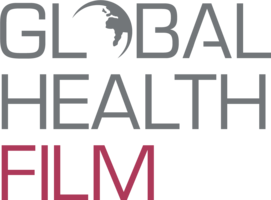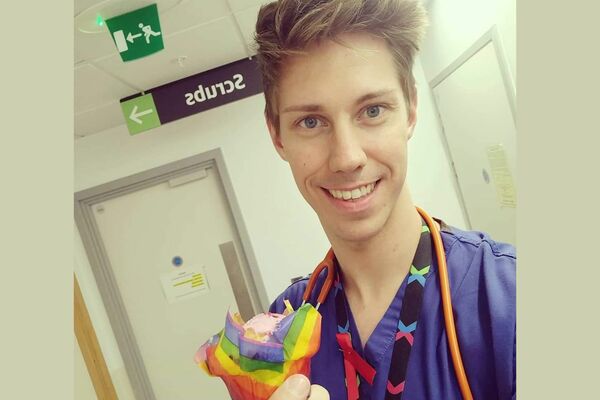“We can each take small actions, we can be part of the conversation and start to make the change.”
Attending the Global Health Film Festival is a mandatory requirement for students of the Global Health degree at Kings College, London. Prior to this Dr Timo Tolppa had never heard of the organisation or the work they do to spread knowledge and awareness around social justice and global health issues. Students are required to attend the festival and then submit a reflective piece for discussion on the film of their choice that was featured during the event.
“It all started with the film Ping Pong (H Hartford, 2012)” Timo recalls with a grin. This film, featured at the festival in 2015, brought to light the topic of physical activity in later life, and it brought great joy to Timo that first year he attended.
“I laughed, I cried, I despaired, I reflected and I spurred myself into action as a result of seeing the films, listening to the panel discussions and just being a part of that experience.”
It made such an impression that he decided to use it as the subject of his reflective piece and discussion.
“I just remember the joy and excitement that it brought to me watching that kind of story, all the while promoting an incredibly important message about tackling health problems later in life, with a very different approach.”

This feeling of enlightenment and exposure to new ways of thinking around global health stayed with Timo and he attended numerous times as both a medical student and as a clinical doctor in subsequent years. When he visited Sierra Leone some months later as it was still recovering from the aftereffects of the Ebola outbreak, having had the opportunity to watch and reflect upon films such as Body Team 12 (D. Darg, 2015) and Outbreak (D. Edge, 2015) he felt, “it was just so useful to understand the context and the collective trauma experienced by that society. Especially within the emergency departments where my work was focused, this had been the front line during the outbreak and they were still very much dealing with the ongoing effects. I had an understanding of their situation which I otherwise wouldn’t have had”.
“The Global Health Film Festival features films . . that give an understanding of context and collective trauma experienced by a society . . that I otherwise wouldn’t have had”
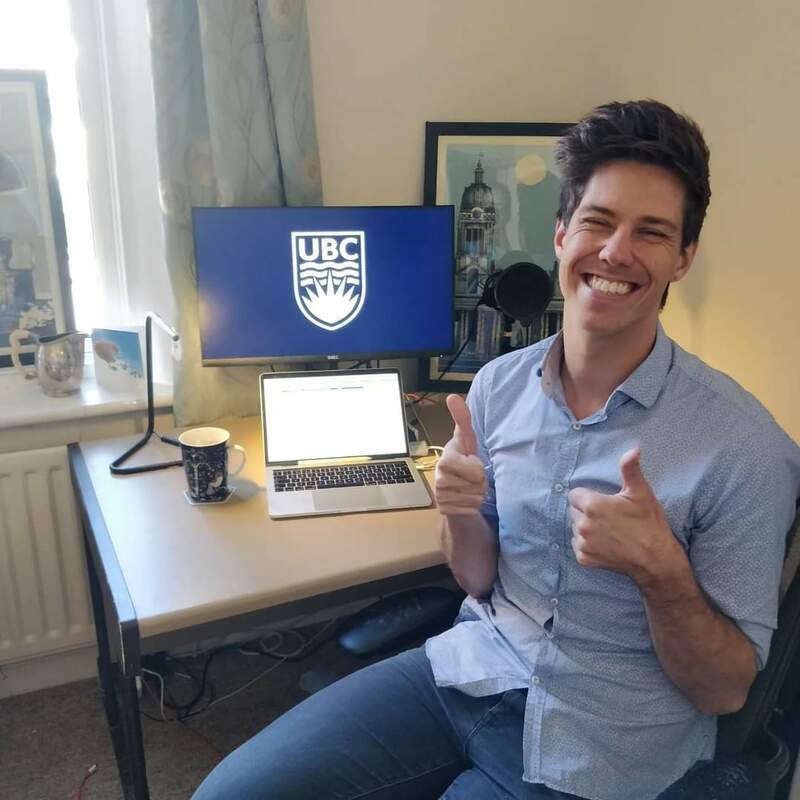
In March of 2020 the whole world changed. After having to leave Sri Lanka, where he’d intended to conduct his PhD research into the design and operationalisation of clinical trials in low- and middle-income countries, Timo found he had a significant amount of time on his hands which he wanted to use to help in his effort to improve Global Health. He knew exactly who he wanted to approach to offer this help.
“I passionately believe in the mission of Global Health Film to utilise film and storytelling to inspire change, to address health inequity and so to bring about social justice . . . so whatever I can do to help with that mission, that goal, that’s what I want to do.”
The role of volunteer changed exponentially due to the Covid pandemic, where once GHF volunteers would welcome attendees to events and be on hand to answer questions in person, now the whole operation had to go online if it was to thrive.
Timo has been able to provide inline support to the charity in many ways, from the promotion of events, spreading the word and getting people interested, to conducting background research into the films being featured and compiling the list of resources for each film. Resources which include scientific articles, reports, lists of organisations, Ted Talks and podcasts, wherever further information can be found on the subject being highlighted.
“I think that Global Health Film not only raises the issues and makes you confront them, but it also gives you an avenue to make a change, take action and learn more.”
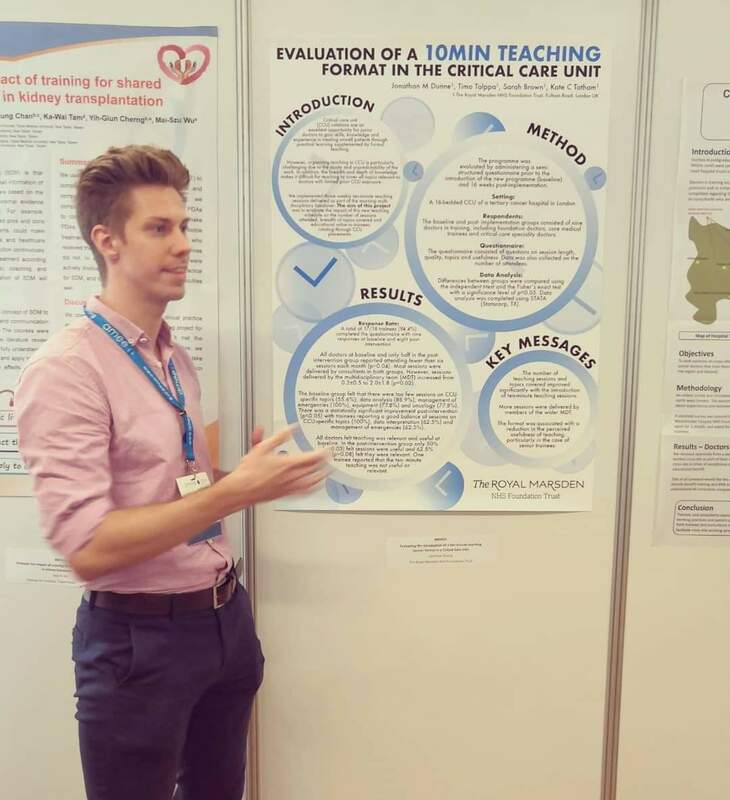
Timo believes that Global Health Film has impacted his life in very distinct ways. On a personal level he has felt compelled to change his diet and lifestyle habits after seeing films which educated him about the sugar we consume and the impact of eating meat.
As a doctor he has been impacted clinically. He now looks at health and disease differently, in that patients are not the sum total of their ailments, they have lives both before and after diagnosis and treatment. This holistic view of the patient brings more humanity into clinical treatment for Timo.
“The film Unrest (J. Brea, 2017), which told the story of a woman who films her own journey, experience, diagnosis, and management of chronic fatigue syndrome, had a particular impact. At the time, and still today, there’s quite a lot of stigma in the medical community around chronic fatigue syndrome and ME. Seeing her personal story and what she went through really changed my entire thinking around that disease and our approach as doctors to treating individuals. People have lives before they arrive in your office and they have lives afterwards, how you treat them, how you advise them, and how you manage them has a huge impact on their overall story.
It may not be the only thing, and it’s not necessarily even the determining thing, but it’s a power you have [as their doctor] to influence their life in a meaningful way, either positively or negatively, and there is a responsibility that comes with that.”
He also feels he has learned so much on an academic and professional level too, namely the art of how to tell a compelling story when it comes to presenting his research findings. By interacting with the directors involved with GHF and being asked to participate in the panel discussions, he has learned to tell the story behind the scientific results to help reach and communicate with a wider audience.
Timo was initially attracted to the bachelor's course at Kings due to the immense and significant advantages offered by a multi-disciplinary approach to health education. Finding that Global Health Film shares a similar approach was particularly enriching for him. And he’s keen to tell others about how great his experience has been whilst being involved with GHF, from starting out as an attendee through to doing what he can to help with the running of the events.
“I know there is often a hesitation that people have about watching films that make you confront some of the more challenging issues in the world, whether that’s health care, social justice, or climate change, it’s easy to feel exhausted and perhaps overwhelmed. It’s important to recognise that none of us can solve every single issue in the world. We can’t, it’s impossible. But we can take small actions, we can be part of the conversation, we can attend these amazing events that Global Health Film puts together and that’s a beginning. That’s where we can all start to make a change.”
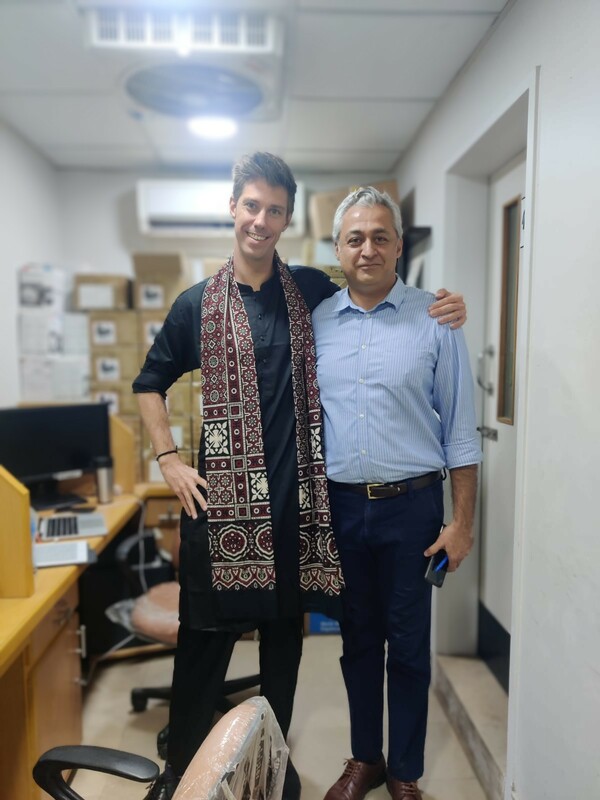
Timo modestly refers to himself as ‘just a volunteer’ with GHF. And he expresses deep and sincere gratitude towards Gerri McHugh and her team for their unwavering commitment and tireless efforts year after year.
It's possible though, that Timo stands as one of the most ardent champions for GHF. His wholehearted dedication to the organisation is palpable, and it's evident that he plays a pivotal role in enabling the charity to drive meaningful change. He views his contributions as a way of giving back, a small token of appreciation to an organisation that has enriched his own life significantly.
